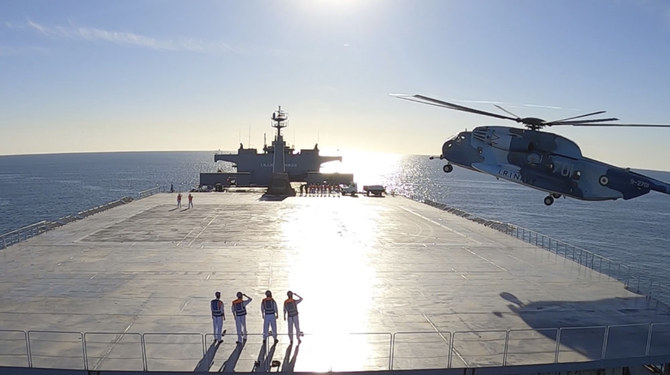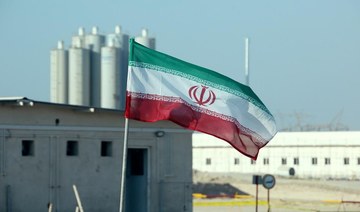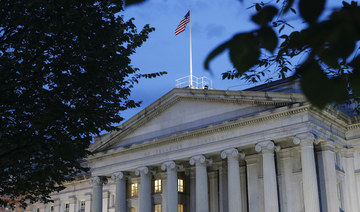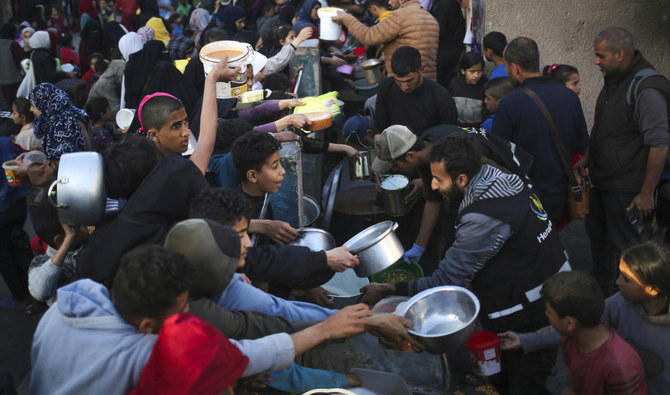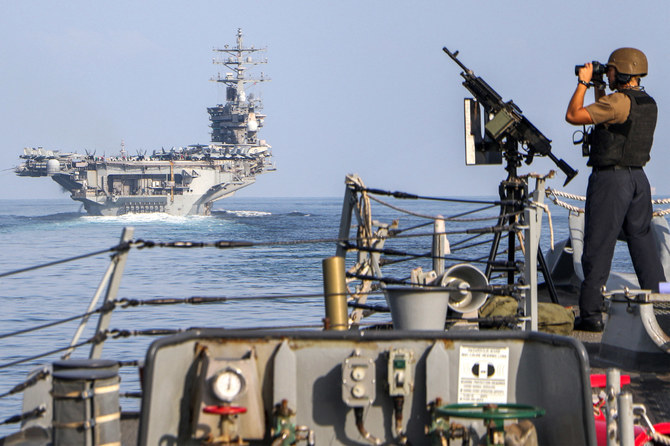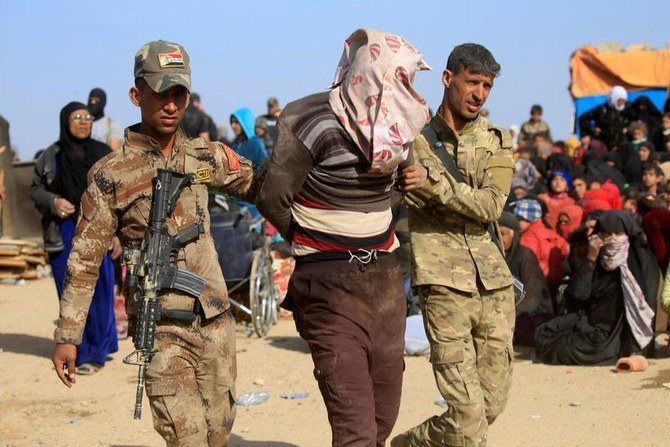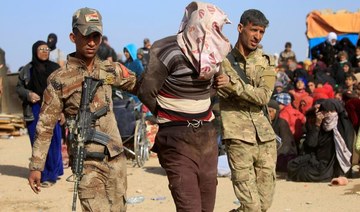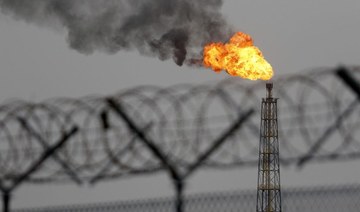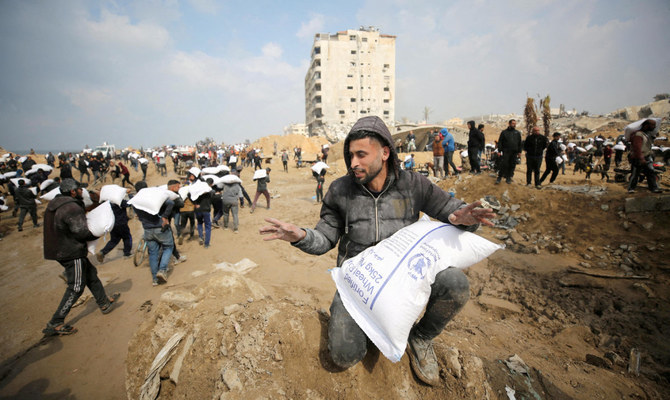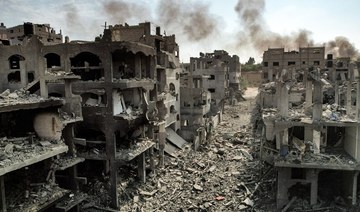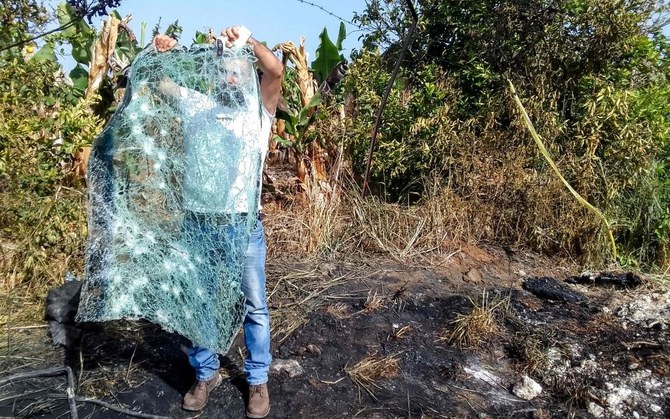CHICAGO: Deaths from COVID-19 in Iran have exceeded 201,000, Paris-based opposition group the National Council of Resistance of Iran (NCRI) said on Wednesday. If their estimate is accurate, it means the country has the highest per-capita fatality rate in the world by far.
The figure is almost four times the Iranian government’s official tally. Senior doctors in the country have previously warned that the true total is likely to be much higher than official figures suggest.
Maryam Rajavi, president-elect of the NCRI, described the soaring death toll as a catastrophe. She said it is a direct result of the Iranian regime’s response to US sanctions and international calls to abandon its nuclear-research program. She added that the situation will get worse as a result of the announcement last week by Supreme Leader Ali Khamenei that he is banning the import of COVID-19 vaccines produced in the US and UK, on the grounds that they are “untrustworthy.”
“Khamenei and the Islamic Revolutionary Guard Corps have sent the Iranian people to the killing fields of Coronavirus, (and) by banning the import of vaccines they are creating even a bigger disaster,” Rajavi said.
Ali Safavi, a member of the NCRI’s Foreign Affairs Committee, said the regime is taking advantage of the presidential transition in the US and fecklessness in Europe to deny the Iranian people access to vaccines as a means of controlling and punishing them.
“This puts the people of Iran at tremendous risk and is a crime against humanity,” he said. “It goes to show that Khamenei wants to use the coronavirus crisis as a barrier against another uprising like the one we saw in 2009.
“Otherwise, why would he prevent the import of vaccines? After all, Khamenei had no problem purchasing weaponry and other goods from the US and Europe in years past, because those purchases served his purposes.”
Safavi added that the regime in Tehran spent more than $25 billion on Airbus and Boeing planes from Europe and the US under the 2015 Joint Comprehensive Plan of Action (JCPOA), commonly referred to as the Iran nuclear deal, but now refuses to buy the COVID-19 vaccines offered by biotech companies Moderna and Pfizer.
“The death toll from the coronavirus in Iran has surpassed 201,000, which is a staggering figure in the sense that Iran ranks first in terms of per-capita fatalities,” he said.
“Alongside this the regime has refused to provide any meaningful financial assistance to the millions of Iranians who have lost their jobs and cannot go to work because of the (pandemic). It is a crime against humanity and I think it is high time for the international community to get involved and do something about it.”
Iran’s ruling mullahs are also exploiting the shift in power in Washington to pursue their ambitions to develop a nuclear weapon, Safavi said.
“Anticipating (the arrival of the Biden administration on) January 20 they have upped the ante, saying they are now enriching uranium to a purity of up to 20 percent, which is a clear violation of the terms of the Iran nuclear deal,” he added. “So all of the provocative actions they have been taking is nuclear blackmail, in an attempt to force the Europeans and the US to jump (back) into the JCPOA once the new administration takes office next week.”
The Trump administration withdrew from the nuclear deal in 2018 and reintroduced tough sanctions on Tehran. President-elect Joe Biden has indicated that he might return to the deal.
Safavi said that the Iranian regime continues to develop its nuclear research program and its weapons industry.
“The European countries and the US should draw a line in the sand and say that Iran does not have a right to enrich uranium,” he added.
He also called on the US and EU to join forces to demand immediate action from Tehran, including: granting full access to International Atomic Energy Agency inspectors, to military sites in particular; halting all nuclear-research activities; ending their nuclear missile expansion program; abandoning their efforts to destabilize other nations in the region. He also called for an end to the continued repression and violence by the Mullahs targeting their own people, and the continued executions of opponents.
“The regime uses executions as a means to instill an atmosphere of terror and repression inside the country,” Safavi said. “We also feel the EU and the US should begin addressing one of the most heinous crimes that was perpetrated by this regime: the 1988 massacre of 30,000 political prisoners.”
In calling for a tough international stance against Tehran by world powers, he said: “No amount of political and economic concessions to this regime will moderate its behavior.”
He added that the World Health Organization must “internationalize this issue and hold the regime accountable” for denying its people access to COVID-19 vaccinations.
“So long as you remain silent, so long as you do not take any action, that will only embolden the mullahs to continue their policies — and of course the primary victims of this policy are the people of Iran, who are suffering every day. More and more Iranians are dying,” Safavi said.





